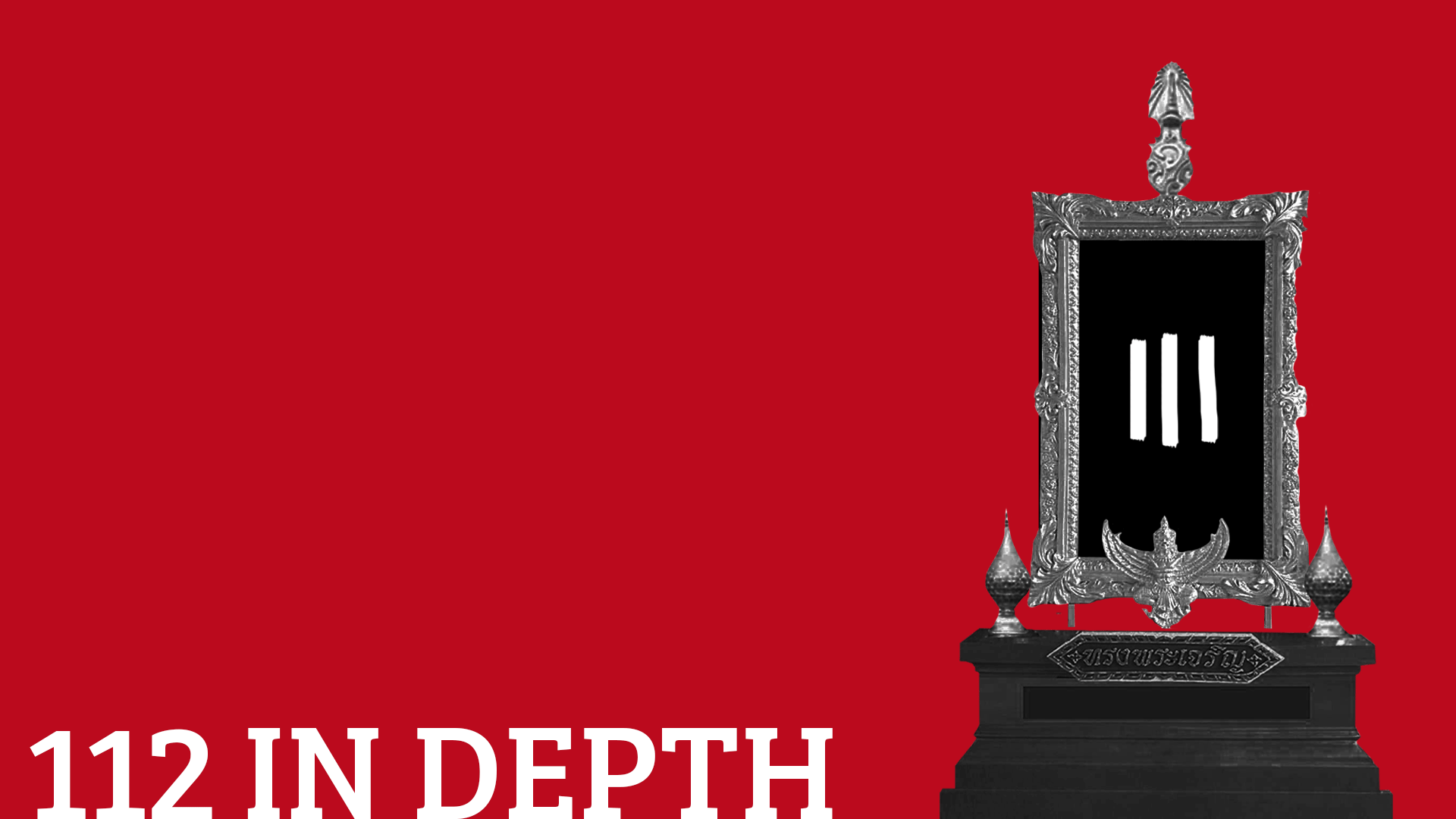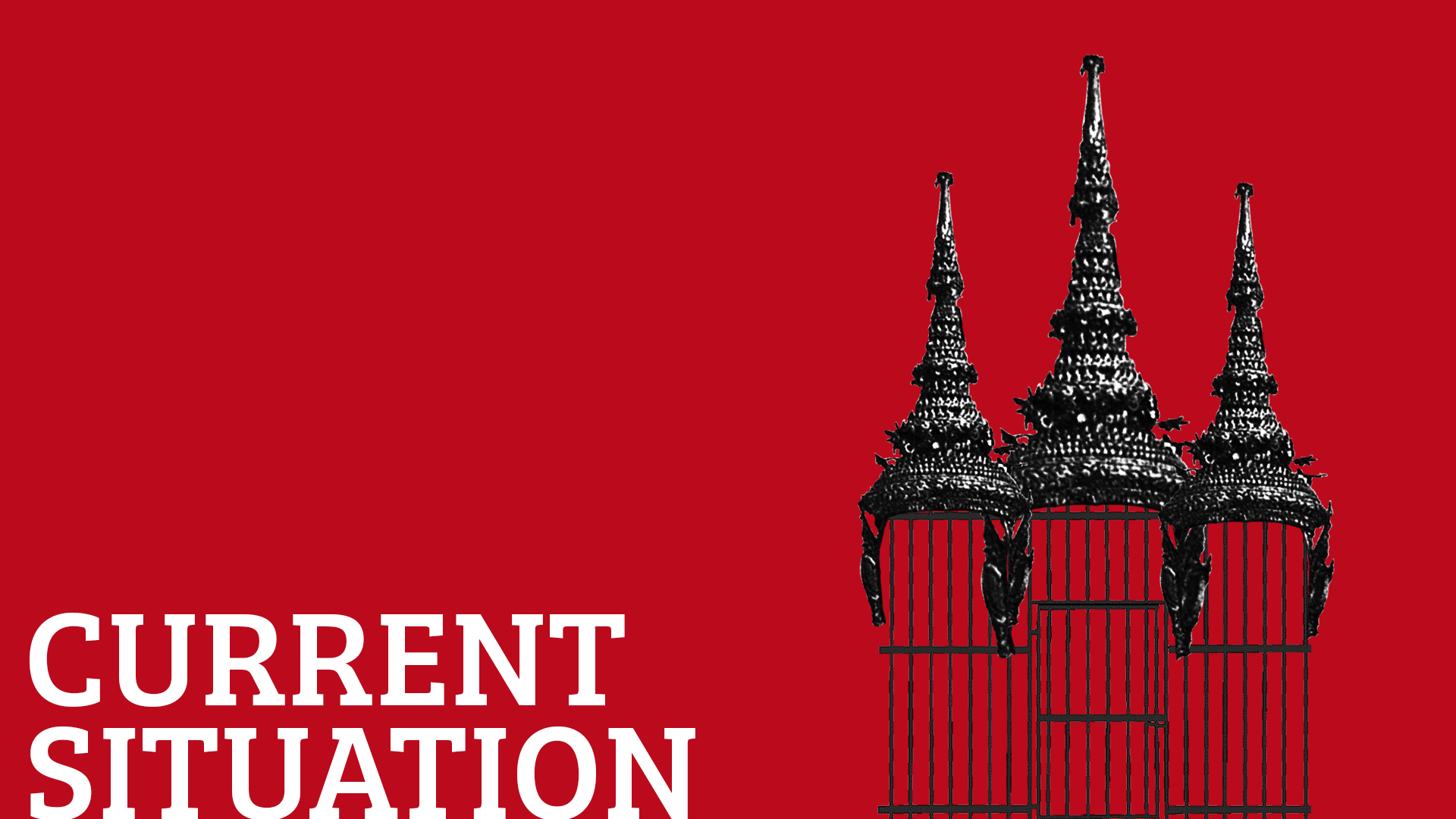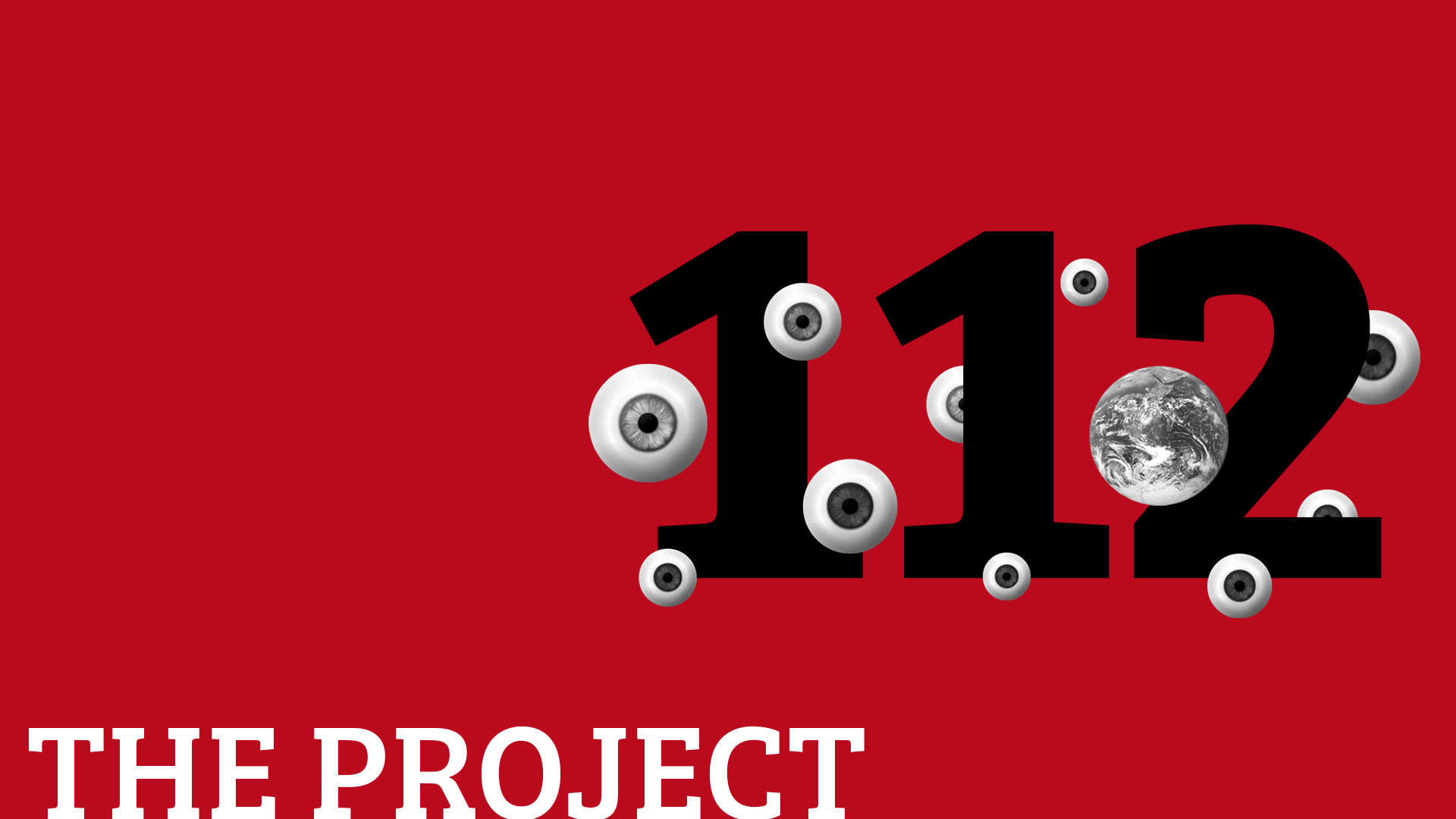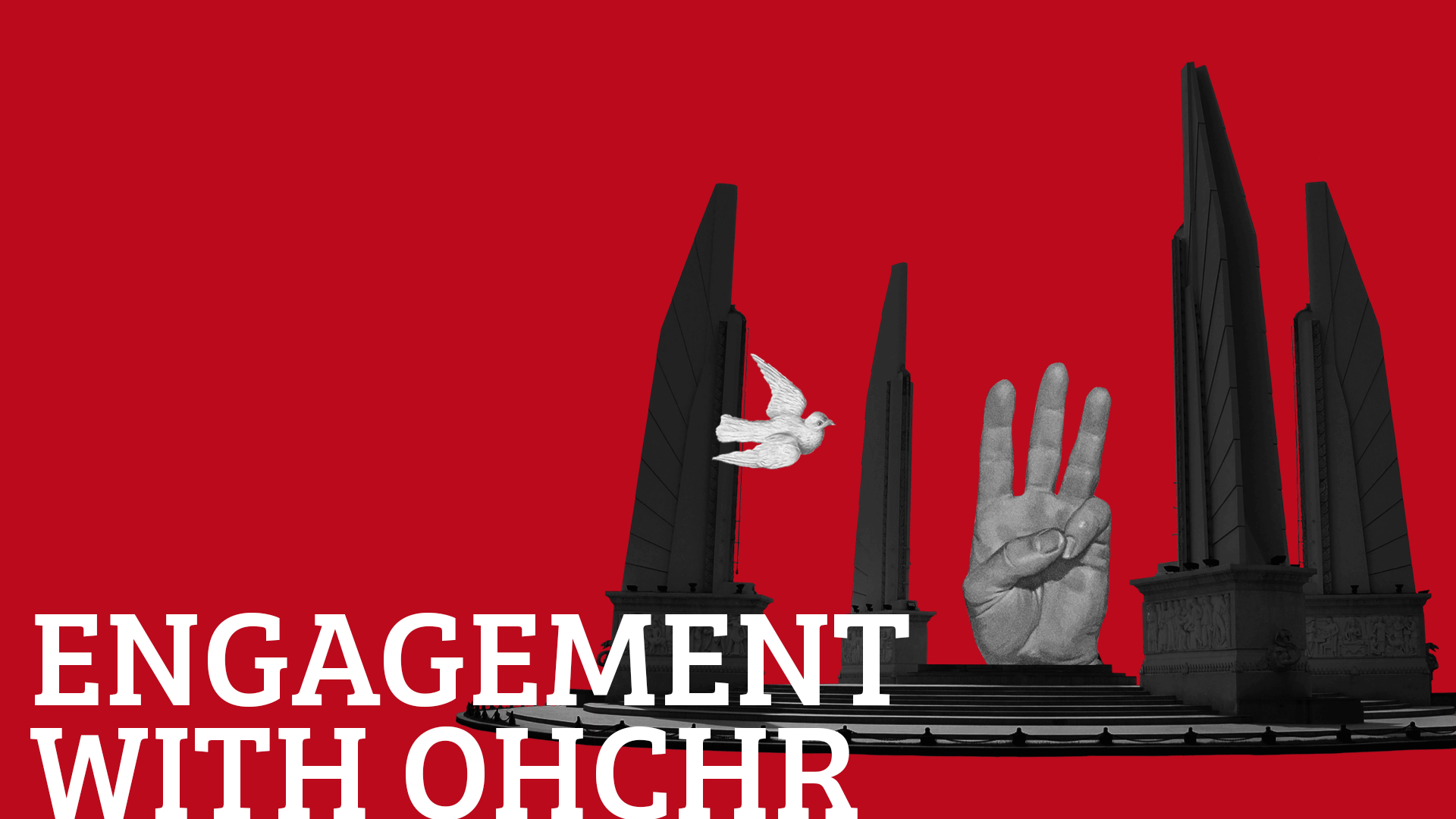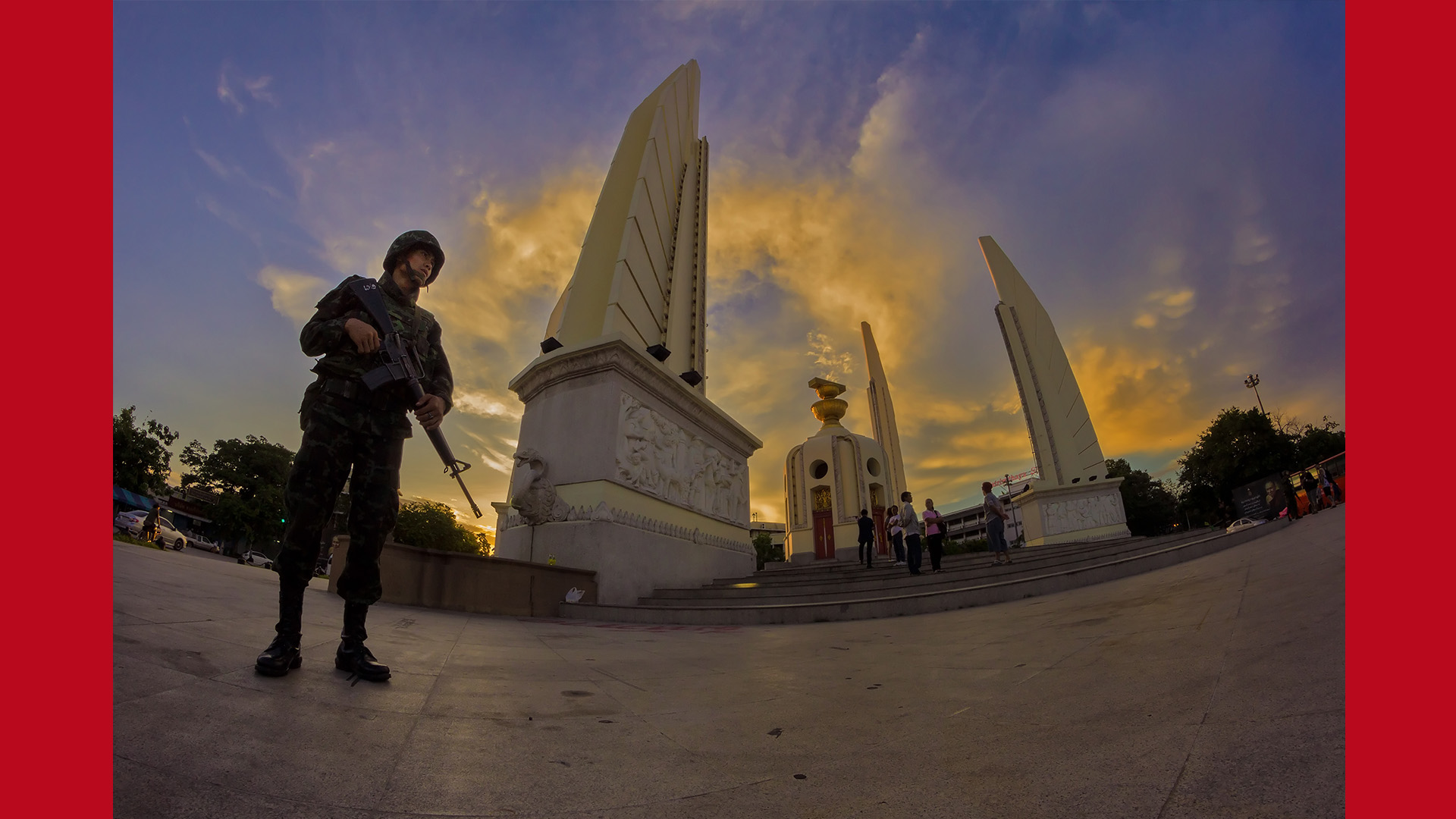
Coup by Constitution: Thailand's Khaki Takeover
The question remains whether countervailing forces within Thai society can eventually reclaim the democratic principles that have been so systematically undermined since 2014.
May 12, 2025
Thailand's political landscape has long been characterized by instability, constitutional impermanence, and the recurring specter of military intervention. Since the momentous 1932 revolution that transformed Thailand from an absolute to a constitutional monarchy, the country has experienced an extraordinary constitutional turnover, with 20 constitutions and charters drafted, adopted, and discarded over nine decades. The post-2014 coup period represents an unprecedented erosion of democratic principles in Thailand's already fraught political history. One must confront a searing question at the heart of this constitutional crisis: Has Thailand's military performed the ultimate coup—stealing the crown's power while pretending to protect it? The evidence suggests a troubling affirmative answer to this provocative query, as demonstrated by the military's constitutional engineering and its weaponization of lese majeste legislation against political opponents.
The 2014 coup d'état, led by then-General Prayut Chan-o-cha, marked another interruption in Thailand's fitful democratic development. What distinguishes this coup from its predecessors, however, is the military junta's systematic effort to entrench itself permanently within Thailand's constitutional framework. The 2017 Constitution – Thailand's 20th since 1932 – represents a watershed moment in this regard. Unlike previous post-coup constitutions that at least maintained a veneer of eventual return to civilian rule, the 2017 document was meticulously crafted to ensure military influence would persist regardless of electoral outcomes.
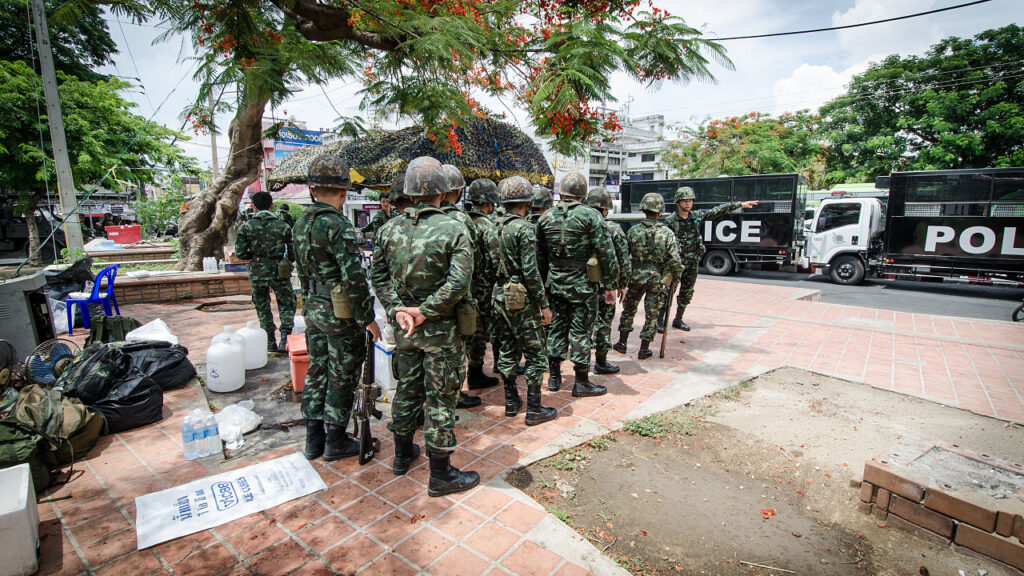
Thailand's Constitutional Deception
This constitution introduced several Machiavellian innovations designed to subvert democratic principles while maintaining a facade of constitutional legitimacy. Most notably, it established a fully appointed 250-member Senate with powers to participate in selecting the prime minister. This structure effectively diluted the democratic weight of the elected lower house and created a pathway for General Prayut to transform from coup leader to "democratically elected" prime minister – a textbook example of what political philosophers term "constitutional retrogression," whereby democratic institutions are hollowed out while maintaining their outward appearance.
The constitutional architecture constructed in 2017 reflects what German philosopher Carl Schmitt would recognize as an exemplar of "sovereign is he who decides on the exception." By building exceptional powers into the very fabric of the constitutional order, Thailand's military establishment positioned itself as the ultimate arbiter of political legitimacy. This represents a profound shift in Thailand's political epistemology – redefining what constitutes legitimate authority and governance in ways that privilege military over civilian perspectives.
Perhaps most disturbing has been the military's appropriation of Section 112 of Thailand's Criminal Code – the notorious lese majeste law, which prescribes harsh penalties for those deemed to have defamed, insulted, or threatened the monarchy. Historically, this law was ostensibly designed to protect the dignity of Thailand's royal institution. However, the post-2014 period has witnessed its transformation into an instrument of political repression deployed against regime critics, regardless of whether their criticisms were directed at the monarchy or the military itself.
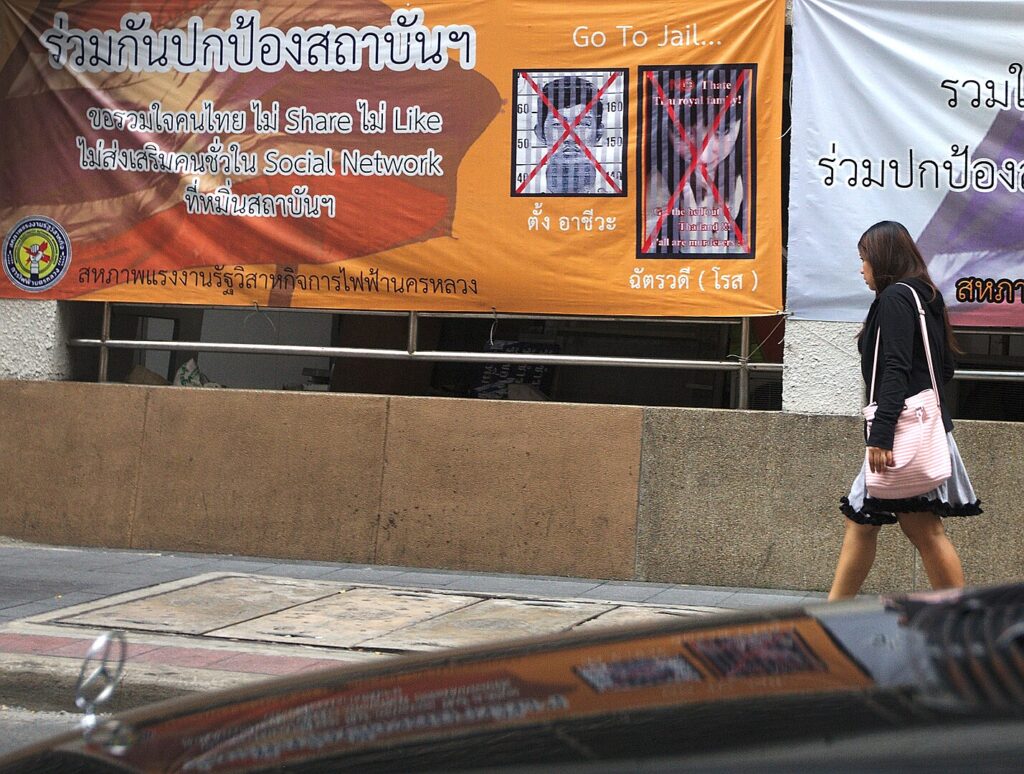
Crowned Generals: How Thailand's Military Usurped Royal Power
The case of Anchan Preelert epitomizes this ruthless application of lese majeste to silence dissent. In 2021, this 65-year-old former civil servant received an unprecedented 87-year sentence (later reduced to 43 years) for sharing audio clips deemed critical of the monarchy on social media. This draconian punishment – the harshest ever recorded for lese majeste violations – sent shockwaves through Thai society and demonstrated the regime's willingness to deploy Section 112 with unprecedented severity against ordinary citizens. What makes Anchan's case particularly revealing is the timing of her prosecution, which coincided with growing youth-led protests challenging both royal prerogatives and military dominance – suggesting her harsh sentence served as a calculated warning to others contemplating political activism.
The recent case of Paul Chambers – a respected academic and longtime observer of Thai politics – further exemplifies this troubling trend. His arrest under Section 112 and subsequent removal from his professorship at Naresuan University, where he had contributed to academic discourse for over a decade, signals a fundamental shift in how lese majeste is being applied. Rather than protecting the monarchy from genuine insult, the law is increasingly wielded as a cudgel against intellectual critique of military power. This Foucauldian deployment of legal authority as an instrument of disciplinary power reveals the extent to which Thailand's military establishment has co-opted institutions previously associated with royal protection.
This pattern of using Section 112 against critics raises profound questions about the current state of Thailand's monarchy and its relationship with the military. The monarchy, once positioned as the apex of Thailand's social and political order, appears to be increasingly subordinate to military interests. This represents what political philosophers might term a "categorical inversion" – where the traditional hierarchy of Thai political institutions has been fundamentally altered, with the military assuming prerogatives once reserved for royal authority.
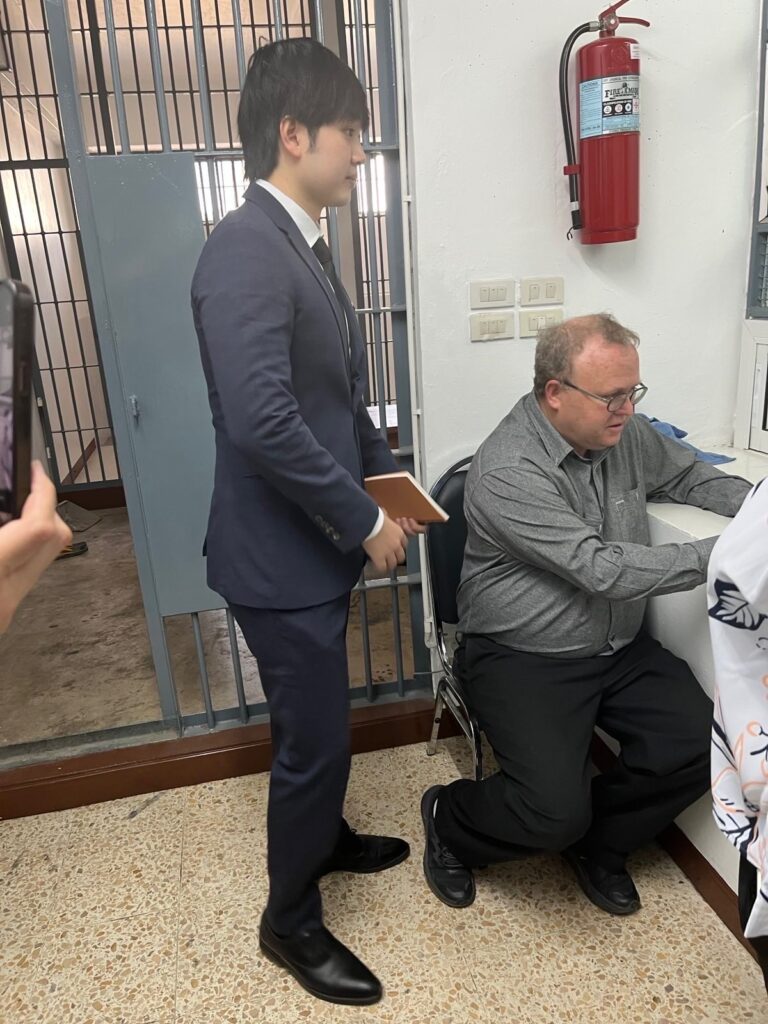
Weaponizing Lèse-Majesté Against Democracy
The increasing frequency of lese majeste charges since 2014 reveals a paradox at the heart of contemporary Thai politics. While ostensibly defending the monarchy's sanctity, the military's aggressive application of Section 112 actually undermines royal prestige by associating the institution with repression. This contradiction exposes the Hegelian dialectic at play – the military's thesis of defending the monarchy through strict enforcement of lese majeste produces its antithesis: a weakening of royal prestige through association with authoritarian practices.
What makes Thailand's current situation particularly concerning is the apparent permanence of this arrangement. Unlike previous periods of military rule that were explicitly framed as temporary interventions, the post-2014 regime has constructed a constitutional framework explicitly designed for longevity. By embedding military influence within ostensibly democratic institutions, Thailand's generals have created what Italian political philosopher Giorgio Agamben would recognize as a "state of exception" that has become the rule – a suspension of normal democratic processes that has calcified into the new normal.
International reactions to these developments have been muted, reflecting the realpolitik considerations that often dominate foreign policy calculations. Thailand's strategic importance in Southeast Asia has prompted many international actors to prioritize stability over democratic principles, tacitly accepting the military's constitutional engineering as a fait accompli. This pragmatic approach, however, risks normalizing authoritarian practices that undermine the very stability such policies seek to preserve.
Thailand's New Authoritarian Normal
The case of Paul Chambers illustrates the increasingly perilous environment for academic freedom and intellectual inquiry in Thailand. His removal from Naresuan University after over a decade of service sends a chilling message to academics both within Thailand and internationally: critique of military power, even when framed within scholarly discourse, may result in legal persecution. This represents a profound epistemic injustice – a systematic undermining of certain forms of knowledge production that challenge established power structures.
What are the implications for Thailand's future? The current trajectory suggests a continued erosion of democratic norms and institutions, with the military establishment further entrenching its position through selective application of laws like Section 112. This presents a form of what philosopher John Rawls would term "procedural injustice" – where the rules of the game are systematically biased to favor certain outcomes and actors, regardless of substantive considerations of fairness or equity.
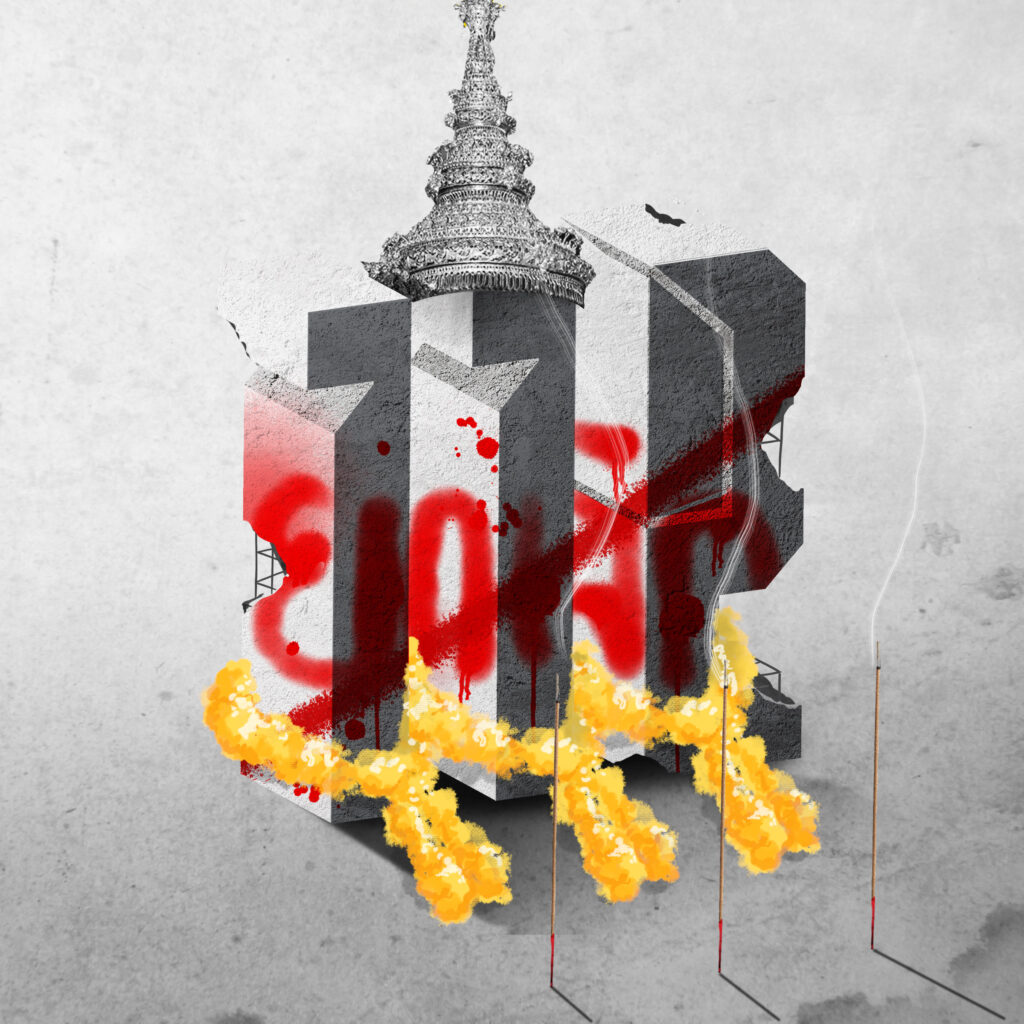
For Thailand's citizens, this situation presents a profound existential challenge. The spaces for political participation and expression continue to narrow, with the threat of lese majeste charges hanging over any substantive critique of the current order. This creates what philosopher Miranda Fricker would identify as a "hermeneutical injustice" – a situation where citizens lack the conceptual resources to fully articulate their political grievances due to the constraints imposed by laws like Section 112.
The international community faces equally difficult questions. How should democratic nations engage with a regime that maintains democratic appearances while systematically undermining democratic substance? At what point does pragmatic engagement become complicity in authoritarian consolidation? These questions have no easy answers, but they demand serious consideration from all who value democratic principles and human rights.
Thailand's experience since 2014 offers important lessons for understanding democratic backsliding globally. The Thai case demonstrates how constitutional engineering can be used to create "autocracy by design" – systems that maintain the outward appearance of democratic institutions while systematically undermining their substance. This phenomenon, increasingly observed in various contexts worldwide, represents one of the most significant challenges to democratic governance in the 21st century.
As Thailand moves further into the post-2014 era, the prospects for genuine democratic restoration appear increasingly remote. The 2017 Constitution has created a system of "guided democracy" that ensures military influence regardless of electoral outcomes. Meanwhile, the aggressive application of lese majeste legislation against regime critics continues to narrow the space for political discourse and organization. This represents what political theorist Sheldon Wolin would term "inverted totalitarianism" – a system where democratic forms remain but are hollowed out of substantive meaning.

Thailand's military Strategy!
Looking forward, Thailand's post-2014 political trajectory represents a profound transformation of the country's constitutional order and a significant challenge to its democratic aspirations. The military establishment's co-option of institutions once associated with royal protection, particularly through the weaponization of lese majeste legislation, reveals a troubling shift in Thailand's political landscape. The case of Paul Chambers stands as a stark reminder of the personal consequences of this transformation – how laws ostensibly designed to protect sacred institutions can be repurposed to silence legitimate critique.
As Thailand continues on this path, the question remains whether countervailing forces within Thai society can eventually reclaim the democratic principles that have been so systematically undermined since 2014. The answer to this question will determine not just Thailand's political future, but potentially the trajectory of democratic governance throughout Southeast Asia.
Prem Singh Gill
Prem Singh Gill is a Visiting Scholar at the Universitas Muhammadiyah Yogyakarta, Indonesia and a Visiting Scholar in Thai Public Universities.
